Educators’ Day
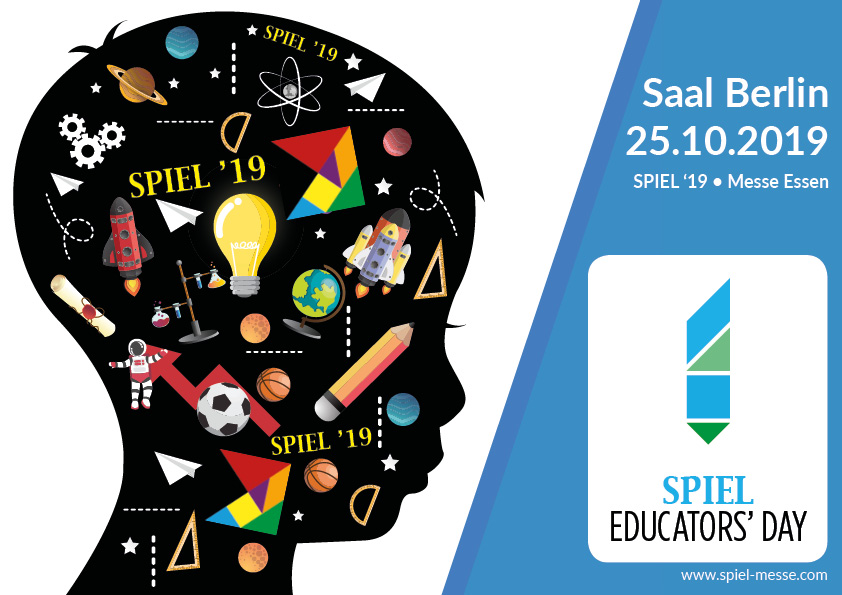
EDUCATORS’ DAY, which is aimed at people with an interest in education and teaching, is being held for the first time at SPIEL ’19 on Friday, 25.10.2019. Visitors are invited to discussion rounds with top-class guests in the Saal Berlin all day long.
Experts and scientists from all over the world will be
- holding discussions about board games as motive forces of change in education and society,
- demonstrating that games have the potential to become a key medium in informal as well as formal educational contexts and
- presenting studies which prove that board games make people smarter.
Educationalists with experience of board games will be
- giving practical tips on how to form a board game work group at school,
- presenting practical everyday concepts,
- talking about their experiences of using board games in primary schools and
- presenting game concepts developed for history lessons.
Any schools that would like to apply for one of 200 games rooms with educationally tested toys and games are likely to show great interest in the “Spielen macht Schule” (Games set a precedent) initiative.
Teachers will also be admitted to the New Releases Showcase at SPIEL ’19 on this day, where they can gain an overview of the latest board game novelties. Please report in advance to the Friedhelm Merz Verlag booth in Hall 3, booth 3H100 to present school certification or other clearly recognisable accreditation documents. You will then be given authorisation for admittance to the New Releases Showcase.
If you like to subscribe to the Educators’ Day newsletter please sign in with your e-mail address. Thank you!
10:20 Uhr – Games as motive forces of change: education & society [EN]
GAME-IN-LAB: a boardgame research supporting program
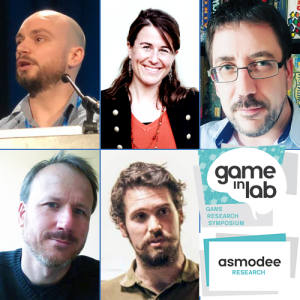
Game in Lab, collaboration between Asmodee Research and the Innovation Factory, is a board game research supporting program.
This dynamic initiative is based on three main goals:
- Financial support for board game research projects
- Developing a mixed community between professionals from both research fields and board game industry
- Sharing of scientific knowledge with a broader audience.
In the first part of this session, the program will be presented by Mikael Le Bourhis, Asmodee Research Manager. For this first appearance at SPIEL, Game in Lab’s team has taken the opportunity to invite four international experts for a round table session entitled “Games as motive forces of change: education & society”.
From sociology to sensibilisation and mathematics, they will discuss the recent influences of board games at different scales.
Presentation materials
www.game-in-lab.org
[email protected]
13:15 Uhr – Do board games make people smarter?
Two initial exploratory studies [EN]
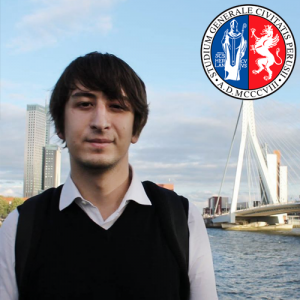
In recent years, we are witnessing the rebirth of board games. This contribution aims to investigate the educational potential of non-random board games in two ways: the comparison of performances of “expert adult players“ and “adult non-players“ through a correlation study (n=45) and the comparison between the results achieved by a group of children after 26 hours of game training (n=10) and those of a control group that carried out traditional educational activities (n=10) by using a non-randomized control group pretest-posttest. Specifically, the findings related to fluid intelligence, analytical and converging cognitive processes and creativity were compared. The results suggest that non-random board games can be an important stimulus for the cognitive functions, with a particular focus on the creative side, and therefore have an important educational function.
Presentation material
www.nientepanico.org
[email protected]
14:00 Uhr – Games in primary school [EN]
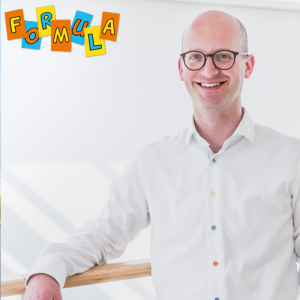
Games grab students’ attention and actively engage them. By using games in the class room, the education of our kids becomes more attractive, more fun and more effective. Games offer many things, but to highlight a few:
- A safe place to learn social skills. For example, how to help each other, teamwork and how to deal with losing or with cheaters
- Practice in concentration and self control (and other executive functions)
- A new way to reach kids who need extra attention
- Challenges to (highly intelligent) students
- Educational games often offer a fun way of bringing certain knowledge into practice. For example, our game Formula significantly increases math skills while children are not even aware of doing maths; they are just playing a game and having fun!
Do you want to play games at home, school or on holiday with your friends, children or family and get something extra out of it? Come and join us.
14:35 Uhr – It‘s your turn! - Psychological reasons for you to unlock the potentials of game based learning [EN]

Driven by a range of psychological mechanisms games have the potential to become a core medium for informal and also formal educational contexts.
This is especially the case if these mechanisms are taken into consideration in each step of game development.
The talk highlights important mechanisms as well as games illustrating how to make the best pedagogical use of these mechanisms.
Presentation material
www.haba.de
[email protected]
15:10 Uhr – Schools with strong focus on games! [DE/EN]
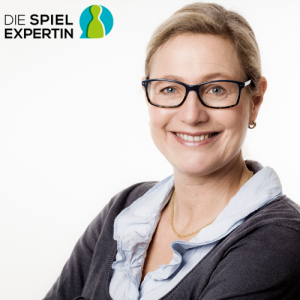
When children play parlour games, they develop important skills such as impulse control and self-organisation. They train their working memory, powers of concentration and social behaviour. All of these skills are essential as the basis for successful learning and a successful school career. The games expert will be presenting her practicable everyday “Spielstarke Schule” (Schools with strong focus on games) concept. Using the tried and tested guidelines, teachers can learn how to integrate the valuable educational medium of games into lessons with the whole class – right from the start. Can anything that is so much fun be useful? Indeed it can!
Presentation material
www.spielexpertin.de
[email protected]
16:00 Uhr – Spielen macht Schule [DE]

Wer spielt, lernt leichter – auch in der Schule. Darum haben das ZNL TransferZentrum für Neurowissenschaften und Lernen und der Verein Mehr Zeit für Kinder die Initiative „Spielen macht Schule“ ins Leben gerufen. Schulen können sich hierbei jährlich um eines von 200 Spielezimmern mit pädagogisch geprüften Spielwaren bewerben. Ziel des Projektes ist es, Kindern in Zeiten von erhöhtem Bildschirmkonsum das klassische Spielen wieder näher zu bringen und ihnen das Lernen zu erleichtern, denn Spielen macht schlau!
16:35 Uhr – Spiele zur Förderung narrativer Kompetenzen im (Geschichts-)Unterricht anhand des Beispiels Textura [DE]

„Textura“ ist ein Ansatz, die narrativen Kompetenzen von Schülerinnen und Schülern im (Geschichts-)Unterricht zu fördern und gleichzeitig inhaltliches Wissen zu vertiefen. Aufgrund seines modularen Aufbaus kann das Konzept für verschiedene Themen oder Epochen adaptiert werden, so dass das Spiel in unterschiedlichen Klassenstufen und Schulformen eingesetzt werden kann.
Im Rahmen des Vortrags werden Möglichkeiten und Potentiale aufgezeigt sowie Impulse für die Gestaltung eigener Themensets durch die Lehrenden gegeben.
Presentation material
www.ronaldhild.de
[email protected]
17:10 Uhr – Wir müssen sie kriegen, solange sie jung sind! [DE]
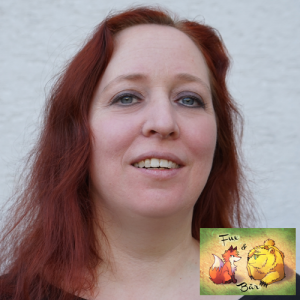
Brettspiele können viel zur Entwicklung von jungen Menschen beitragen. Wie schaffe ich es, Schüler von der Vielfältigkeit der Brettspielwelt zu begeistern? Eine Brettspiel AG muss nicht nur aus Spielen bestehen, die die Schüler kennen und lieben. Ein systematischer Aufbau kann sie dahin führen, viele wichtige Spielmechanismen kennen zu lernen.
Immer wieder kommt es zu Problemen, wenn es darum geht, eine Brettspielsammlung für die eigenen Schule anzulegen. Praktische Tipps können helfen, dieses Vorhaben erfolgreich umzusetzen.
Presentation material
www.fuxundbaer.de
[email protected]


